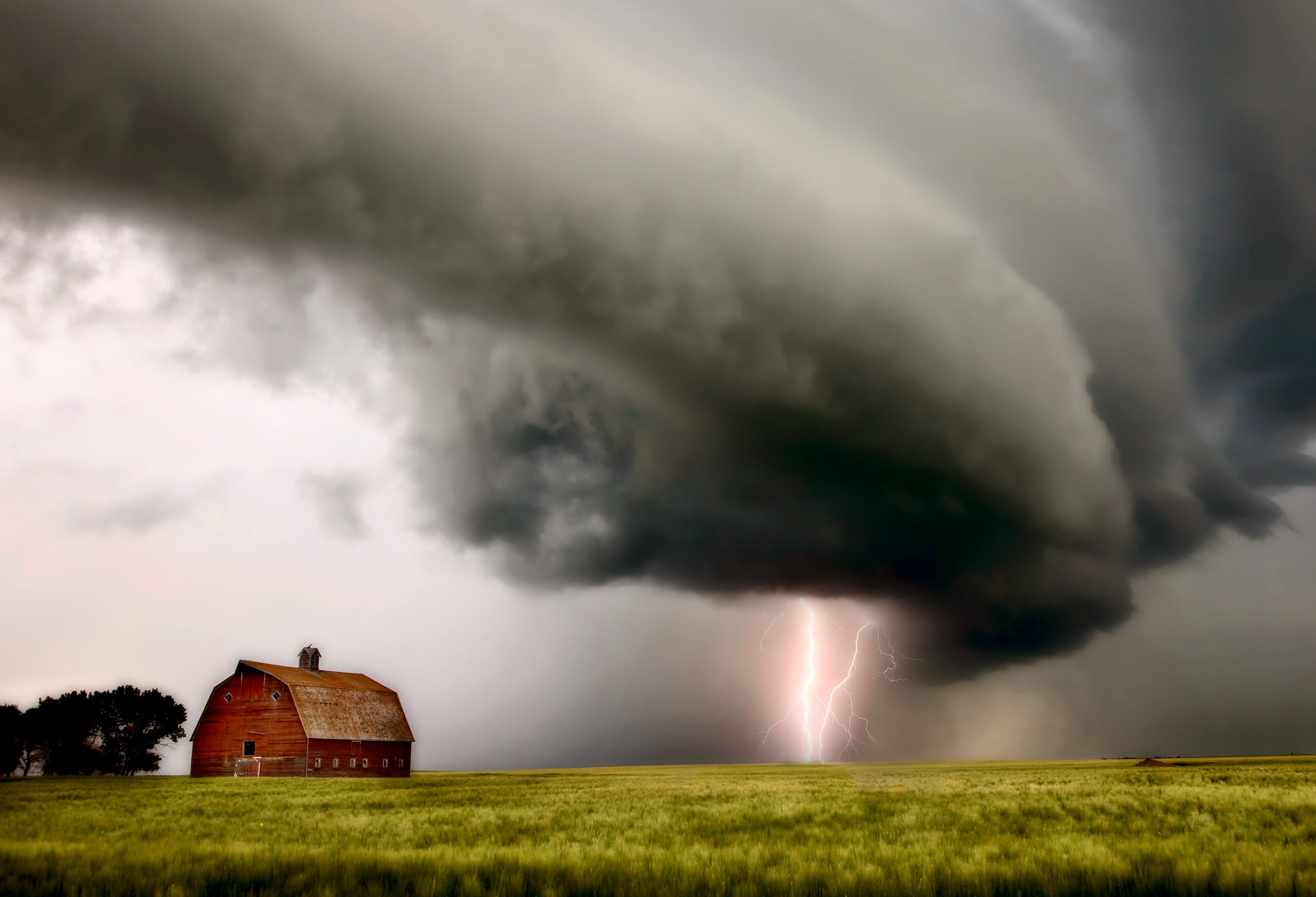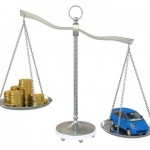
Emergency Preparedness & Insurance
May 6th through 12th every year has been declared Emergency Preparedness Week by the Government of Canada. Countrywide, people use this event as a yardstick to measure their own home’s readiness to handle emergencies. Alberta Emergency Management Agency (AEMA) is partnered with Public Safety Canada to spread these messages throughout the province. How does this relate to home insurance? Emergency Preparedness Week is the perfect excuse to review your policies and contact your broker to notify them of any changes. If your life has changed substantially enough to change your insurance needs, an emergency is the worst time to find out!
Contents of a Home Emergency Kit
Here are some widely recommended items you should store in a safe, accessible part of your home:
- Essential info (emergency plan, photo identification, insurance documents);
- Cash, including change for vending machines and other uses;
- Spare keys for all doors and locks;
- Large first aid kit and a month’s worth of any necessary medication;
- Baby food or formula, if needed;
- Charger-free radio and flashlight (wind-up and solar models are popular);
- Extra batteries and universal chargers;
- Canned, dried or otherwise preserved food (don’t forget the can opener!);
- Distilled, bottled water;
- Whistle or flares;
- Basic toolkit and basic survival kit;
- Pet food, if needed;
- Personal hygiene items;
- Clean clothes, blankets and footwear for each member of the household for all types of weather;
- Candles and waterproof matches or lighter;
- Personal comforts and small luxuries– morale is important, too!
Of course, there are many other useful things you could pack away for an emergency. Use this list as a guide, but follow your instinct as to what would best support your household during an emergency.
When To Contact Your Insurance Broker
If you are experiencing an emergency, do not worry about your belongings or property. As hard as that might be, it is always best to focus on your own safety and the safety of your loved ones. After the danger has passed and everyone is in touch, reach out to your insurance broker and inform them of the situation as early as possible. If the damage is widespread or bad enough, they may even reach out to you to arrange accommodation or other support post-emergency.
Emergency preparedness is not to be taken lightly! It may be a mouthful, but it could make all the difference when the unexpected happens. Review your own readiness and bring any questions or concerns to the home insurance experts at ARC today!


